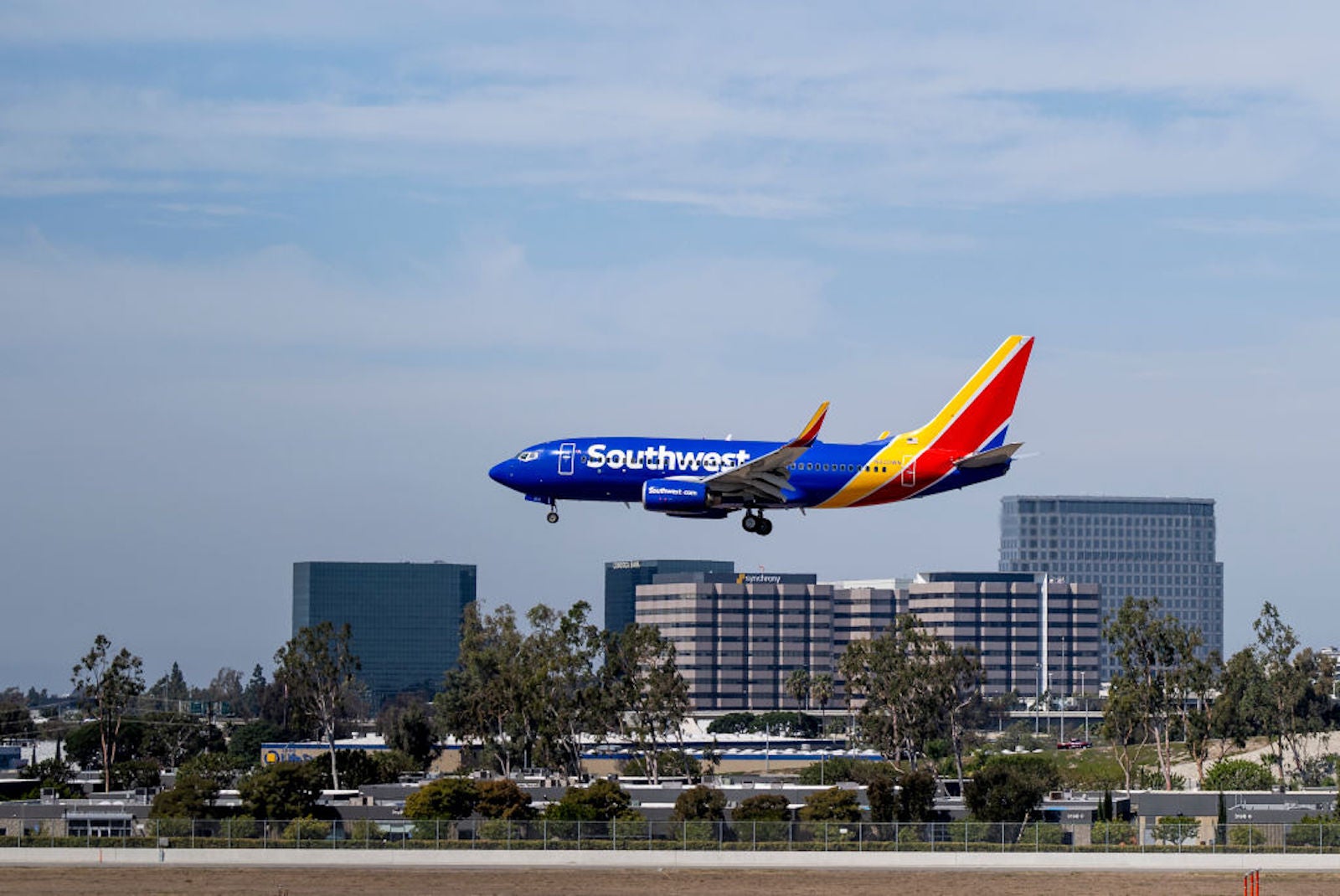Brussels, (Brussels Morning)- Minister of the Interior Annelies Verlinden (CD&V) gave some twenty mayors a text and explanation of the preliminary draft with which she wants to give local authorities more power to tackle organised crime. Opinions are divided among the mayors of Brussels. Christos Doulkeridis (Ecolo), mayor of Ixelles: “Until there is a global vision and concrete plan on the fight against drug trafficking, nothing will change.”
Minister Verlinden is working on a new law on administrative enforcement. This should give local authorities the opportunity to close a case if it can be associated with certain criminal activities or money laundering. After all, she believes cities and municipalities are best placed to receive signals from the ground about companies being used as a cover. The text has again come to the fore in recent days after the persistent attacks in the streets of Antwerp.
There is, of course, no such legal framework – even in the previous government, a preliminary design with the same ambition did not make it to the finish line. Her text has already been discussed within the government and will soon be on the table again. For the minister, this is an “absolute priority”.
Constructive conversation
Because the local authorities are just about the most important stakeholders in the story, they were invited on Thursday for an explanation. It involved about twenty mayors of the largest cities and representatives of the associations of Flemish and Walloon cities and municipalities. According to Minister Verlinden, the conversation was constructive.
Philippe Close (PS), mayor of the City of Brussels, was also present. “The mayor was very pleased with the constructive consultation that has taken place. The draft law gives mayors the opportunity to close businesses that would serve to launder money,” his spokesperson said. “Such a law has proved useful in the Netherlands. Of course, there must also be a socio-preventive component in the repressive sector and resources for smaller municipalities must be considered.”
Mayor of Ixelles Christos Doulkeridis (Ecolo) has nothing against the bill, but does not see it as the solution. “As long as there is no global vision and concrete plan about the fight against drug trafficking, nothing will change. It can help to give local authorities more powers, but structural action is needed. There must be a debate with all mayors and ministers, but also police officers, magistrates and experts from academia.” In addition, Doulkeridis fears that the legislative text will place even more responsibility on the mayor.
Mayor of Anderlecht Fabrice Cumps (PS) is less enthusiastic. “It is never a waste of time to have additional tools to combat this phenomenon, but the burden should not be placed entirely on the shoulders of the municipalities. It remains an ancillary instrument and the fight against drug trafficking related companies must remain a federal priority. Today we are in the opposite situation, where the local police have to strengthen the federal judicial police.”
Molenbeek’s mayor Cathérine Moureaux (PS) also shares this concern. “If this gives more power to the mayor to close places, we’re okay with that, provided we have the financial resources,” her spokesperson said. “As a reminder, we have no news about our request to have fifteen extra police officers. Molenbeek’s greatest need is more police on the street.”
In September, further discussion will take place within the Council of Ministers.





















Discussion about this post